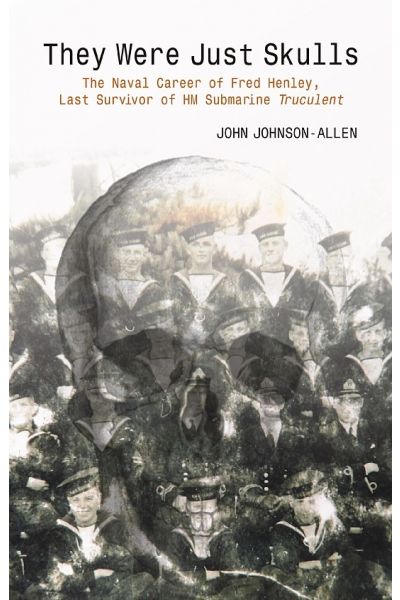The Naval Career of Fred Henley, Last Survivor of HM Submarine Truculent.
This compelling story is the result of many hours spent recording the memories of Fred Henley. His life at sea is at the centre of his being and his own words are at the heart of the book. At the age of 14 Fred worked on a Thames sailing barge, then after his training at HMS Ganges, he joined his first ship which took him from the icy Arctic Ocean to the heat of West Africa where the Bismarck and her support ships were hunted.
His experiences included visiting Archangel, sailing on Arctic convoys, capturing German supply ships, the failed attack on Oran, landings in Piraeus, Salonika and the French Riviera and operating with special forces in the Greek Islands. There is inevitably some humour when Fred recounts his encounters with girls.
The book then explores the tragic loss of his last submarine, HMS Truculent. In the cold January waters of the Thames Estuary, within sight of Southend, over 60 men were lost in a major disaster, just five years after the end of the war.
The voices of the survivors are heard telling how they stood in complete blackness in a sunken submarine, waiting for the water to come in so that they could escape to the surface, only for all but a few to drift away and die in the darkness.
The story concludes with happier times with Fred visiting ports in the Mediterranean during peacetime as a married man.
ISBN: 9781849954044
Format: Paperback
Author(s): John Johnson-Allen
First Publishment Date: 01 December 2018




